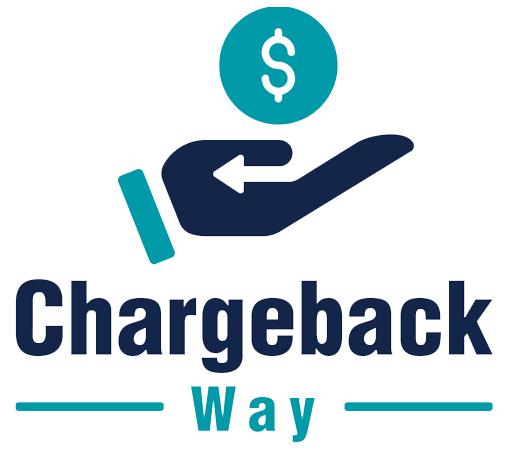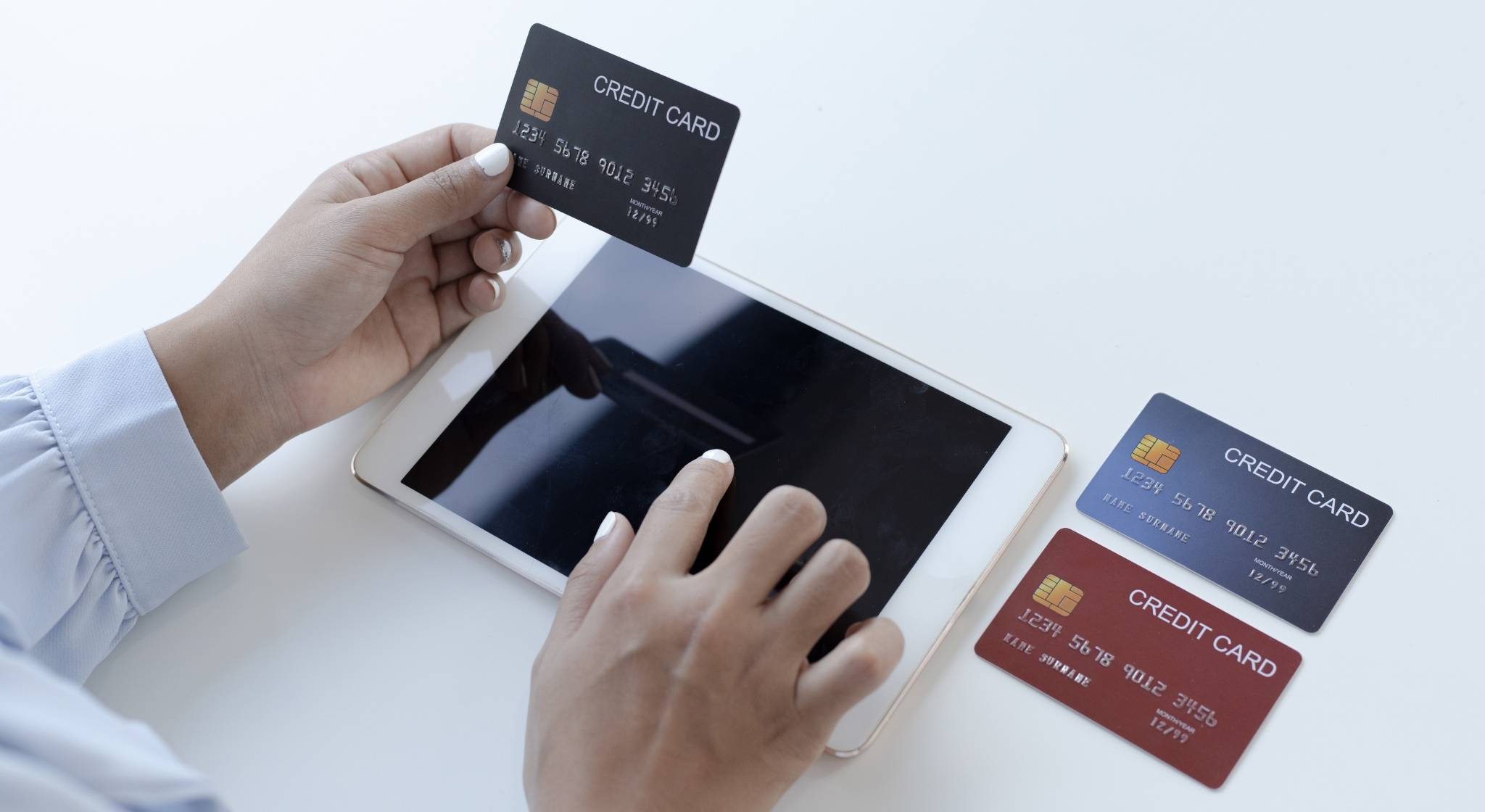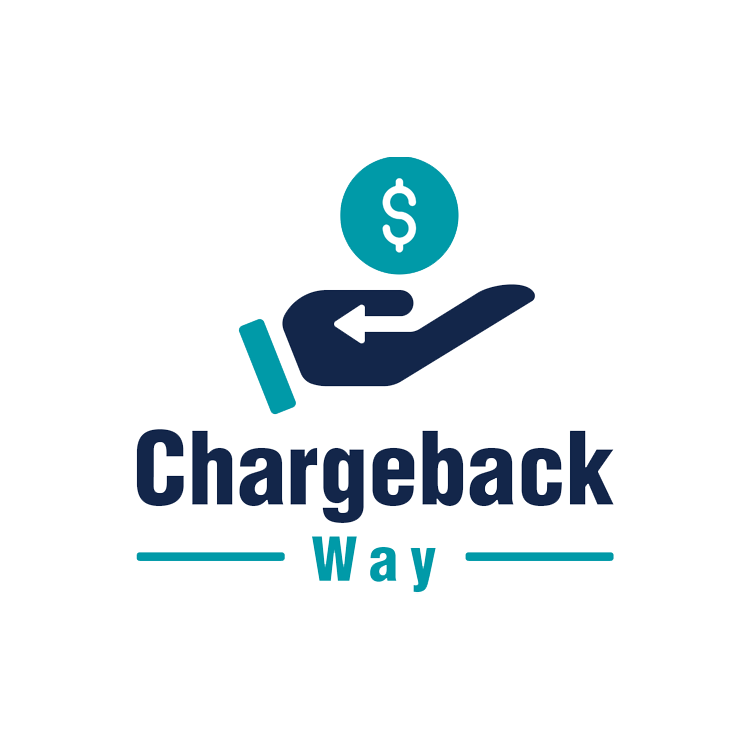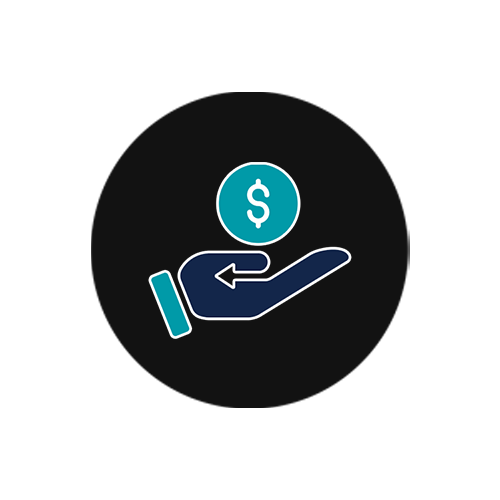Digital Payment Apps Like Zelle Are Convenient Ways To Send Money – But They Come at A Cost

Zelle, a well-known digital payment app, is extremely popular due to its convenience. Scammers, on the other hand, find Zelle useful as a tool for defrauding people! Continue reading to learn about two of the most common Zelle scams and how to avoid them.
The payment landscape is rapidly changing, driven by digital technology innovation and consumer demand for on-demand banking and payment solutions. With multiple digital channels available to customers, virtual interactions are increasing, while contactless payments provide fraudsters with additional avenues to explore.
Scams in which criminals trick bank customers into withdrawing funds from their accounts increased by 45 percent in the second half of last year. According to banks, scammers are shifting their focus from attempting to penetrate banking systems to directly defrauding members of the public.
In some of the most heinous cases, criminals hack into the email accounts of solicitors handling house sales or builders genuinely working on a house, then send invoices requesting money be transferred to a fraudulent account.
How to Spot Facebook Marketplace Fraud
Do you want to sell something on Facebook Marketplace? Be wary of scammers who pose as interested buyers. We have received several reports from people who claim they received messages from an “interested party” via Facebook Messenger or Instagram until a sale was agreed upon.

The scammer then attempted to persuade the seller to refund a fictitious Zelle fee that they claimed they had paid on the seller’s behalf. A typical Facebook Marketplace scam would involve the buyer sending a fraudulent check for more than the item’s sale price “to cover shipping costs” and then convincing the seller to refund the overpayment.
Scammers are now persuading buyers to use Zelle for payment transactions. To make the scheme work, the scammer must obtain the seller’s email address as well as their phone number.
The scammer is able to send a spoof email impersonating Zelle to the seller after obtaining the seller’s email address, stating that the seller must upgrade their Zelle account to a business profile in order to receive the payment and a refund of the upgrade cost. The scammer then claims that Zelle contacted them and informed them that the upgrade fee must be paid before the transfer can be completed.
The scammer is quick to claim that they covered the cost, which ranges between $200 and $300. They will then send the seller screenshots of the forged notice, along with instructions on how the seller must immediately reimburse the buyer for the upgrade fee. The scammer will continue to message the seller in order to pressure them into transferring the alleged refund as soon as possible.
It is critical to remember the following:
- Zelle allows for the instant transfer of funds from one account to another, and deposits and withdrawals can be viewed in real time through online banking.
- Zelle charges no fees to send or receive funds.
- Normal Zelle transfers do not require an upgrade to a “business” account.
- Business accounts are not available through Zelle. Which account types can be linked to a Zelle account are determined by the offering bank.
- The fictitious Zelle emails and texts have terrible grammar.
- The domain name of the Zelle emails’ sender is “AOL” or “GMAIL.”
WORRIED THAT SOMEONE HAS YOUR PERSONAL & BUSINESS INFORMATION?
With how easy it is for scammers to acquire your data, it’s reasonable to be alarmed. Protect yourself and your loved ones by getting advice from experts. We will guide and even help you get your money back from scammers.

Zelle Scams Prey on Facebook Marketplace Vendors
Online sellers have also been targeted by scammers. If you’re selling something online, they may pose as potential buyers and contact you claiming to want to buy it. Then they will insist on paying you with Zelle, and they may even offer to pay more than the asking price.
They will then send you a bogus Zelle payment notification, leading you to believe they have paid for the item. You may also receive a fraudulent email from your bank claiming that they have already paid with Zelle, leading you to believe that you must send them the item. Of course, they haven’t sent you a single penny!
In other cases, they claim that there were problems with their payment and request a refund. If you believe the lie and send them the money, you will never see it again!
Scams about Money Transfer appear year-round. To prevent this kind of scam you can Contact Us for Support!
Scammers Targeting Bank Customers
Step 1: Create a bogus text message or email from a bank
Scammers pose as banks like Bank of America or Wells Fargo and send you a bogus “security alert” claiming you’ve approved a Zelle payment.
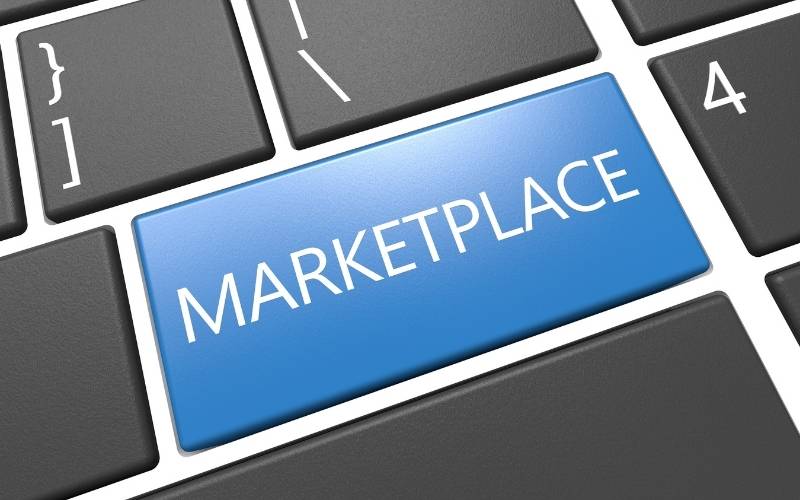
If you don’t recognise the payment, you’re instructed to reply to the message or call the provided number — which you obviously won’t because it’s a forgery! Scammers will sometimes call you directly.
Step 2: Make a phone call to a fake bank employee
A scammer will pose as a bank employee over the phone (the caller ID will be spoofed as the bank’s name) and inform you that the email you received indicates that your bank account has been compromised.
To prevent you from losing all of your money, the imposter will advise you to use Zelle to transfer all of your funds to your own personal Zelle account.
Step 3 — You will lose all of your money
The scammers will then walk you through the process of making a Zelle transaction to a Zelle account that you are led to believe is your own.
However, despite the fact that the Zelle account is in your name, it is controlled by the scammers, and any funds sent to this account will go directly into their pockets.
What You Can Do to Avoid Zelle Scams
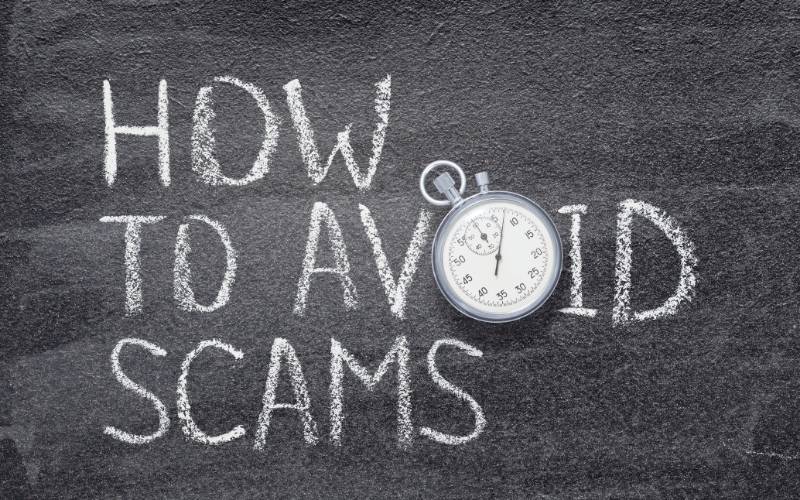
- Check the sender’s phone number/email address again. Take note of the caller ID, but keep in mind that it can be spoofed!
- Be especially cautious if a prospective buyer insists on using Zelle or another online payment app.
- To confirm any details about any security alerts, go to the bank’s official website.
- Report the scam or fraud to Zelle.
- Think twice before making any Zelle payments. To avoid scams, Zelle recommends that you only use it with friends and family. According to Zelle, if you “authorized” a payment, you may be unable to recover your funds.
- NEVER EVER click on links or attachments from untrusted sources.
Finally, report any suspicious activity or communications to the Chargebacking experts. You can successfully keep your money safe with Cash and avoid scams by following a few of the steps identified by the professionals at Chargebacking.
Take your time, as you would with any other type of investment, and avoid making rash financial decisions. Consider hiring a financial advisor to teach you about trading and help you create a comprehensive financial plan. Finally, don’t be shy about asking a lot of questions!
Boost your knowledge about different kind of scams with Chargebackway.
Sources
Find Related News
Subscribe to Our Newsletter
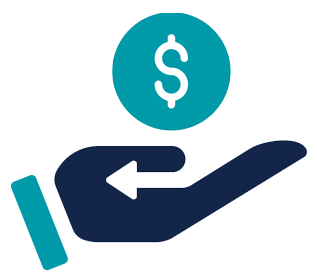
Scam Recovery Resources
What Can Scammers Do With Your Paypal Email?
Change all of your passwords right away, remove any malicious software you may have downloaded, and, if necessary, contact your credit card company if you think you’ve been scammed. To report the scam and receive assistance with the next steps, get in touch with your neighborhood law enforcement agency.
How Can Scammers Get Their Hands On Your National Insurance Information?
Scammers have been calling random people on the street while posing as representatives of the National Crime Agency, or the “National Office for Serious Crimes,” and then using a web of lies and threats to try to persuade you to divulge personal information. The con artist then misinforms them that his National Insurance number had been used to claim Universal Credit (NINo). The conman threatened to have him pay back thousands of pounds in benefits that had been fraudulently claimed and put him in danger of going to jail if he didn’t give them his personal information so they could “correct” the situation.
Dating Scams on A Rise: Anne Lost $98,000 & We Helped Her Get it Back!
Online dating sites and apps are used by millions of individuals worldwide. There are also several success tales of people finding love and companionship over the internet. However, in addition to the achievements, there are also online dating frauds, which are on the rise.
Enron Case Scandal – One of The Largest Banckrupcies in The World Due To An Online Banking Scandal
During Enron’s Good days in 2000, the stock price reached $90, while in 2001 it directly fell to bankruptcy. With its fast growth and vast gas distribution network, it became the 7th largest company in America. Although most of its development was actually from non-energy interests, it was profiting from brokering and trading.
Explore All The Details Regarding Money Scams to Protect Your Funds From The Tactics of This Malicious Activity
Online money scams are various fraud approaches worked with by cybercriminals on the Internet. Scams can occur in a horde of ways: phishing messages, online entertainment, SMS messages on your cell phone, counterfeit technical support calls, and scareware.
Our news section focuses on reporting scam related news and alerts. We aggregate information from the web, as well as, reach out to our contacts so that we can get the latest scoop on scam operations.
FundTrace is committed to upholding the journalistic standards online, including accuracy. With our news reporting, our policy is to review each issue on a case by case basis, immediately upon becoming aware of a potential error or need for clarification, and to resolve it as quickly as possible.
We Can Help You
Victims of scams are stressed out because they don’t know what to do. We have the tools and experience to fight off scams, and our team can help you in getting your money back.
Please fill up the form now so that our team will get in touch with you.

